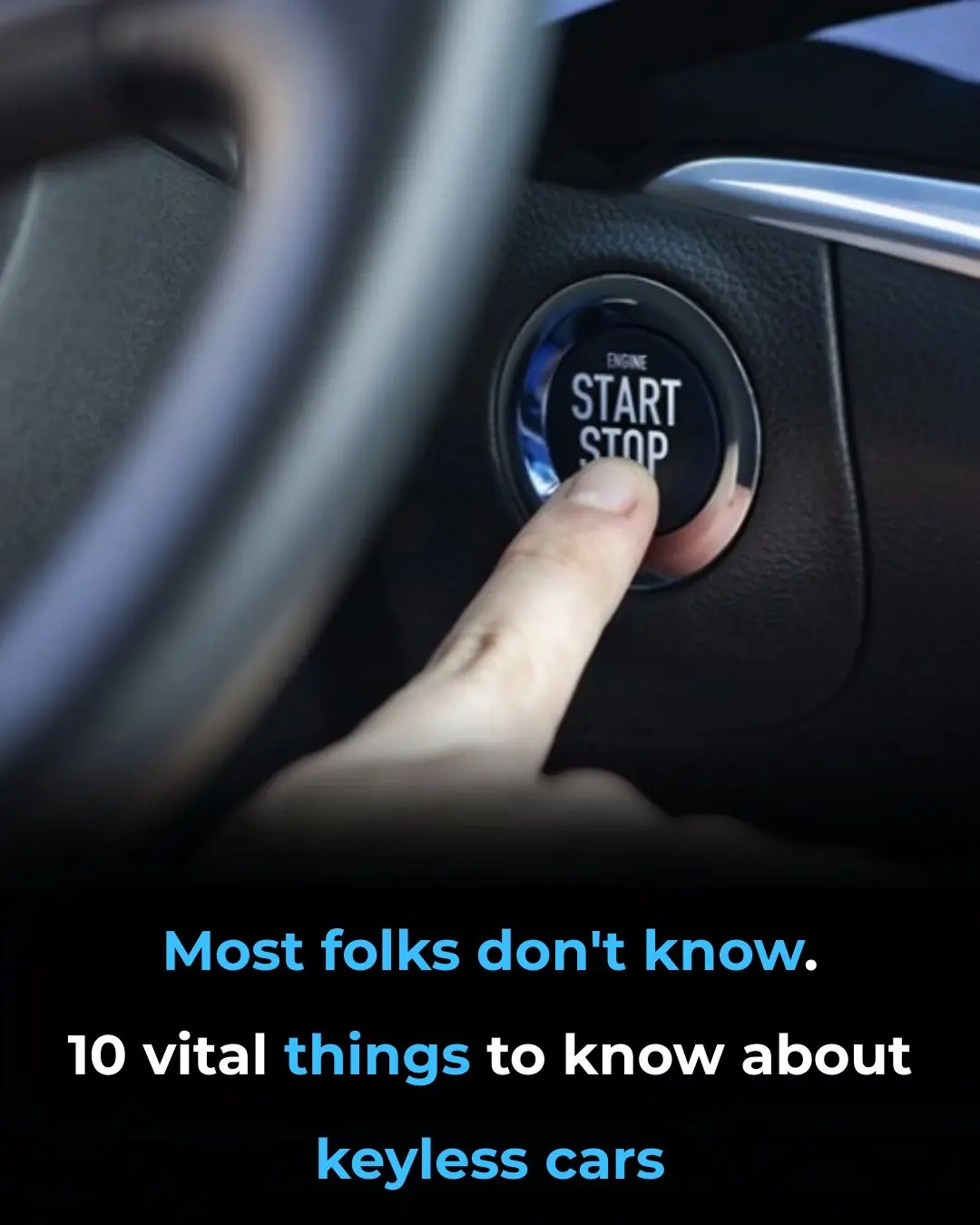Man’s 25% Tip Refusal Sparks Debate Over Tipping Culture
Tipping has long been customary in the U.S. and parts of Europe, intended as a reward for exceptional service. Over time, however, it has sparked debate about fairness and necessity.
Voices Against Tipping
Dustin Anderson recently announced his decision to stop tipping, expressing frustration with current norms. He questioned how often anyone receives truly exceptional service and argued that tipping has shifted from a reward to an obligatory expectation.
Anderson stated, “When was the last time you got exceptional service, anywhere?” He emphasized his support for fair prices that ensure employees earn livable wages, but opposed the automatic expectation of a 20–25% tip for standard service.
His stance resonated with many. One commenter wrote, “Tipping is OUT OF CONTROL,” while others questioned the need for tips on takeout orders. Many argued that businesses should pay fair wages, reducing reliance on customer tips.
Voices in Support of Tipping
Others defended the practice, highlighting the challenges faced by service workers. A former server explained that they often had to pay a percentage of sales back to the restaurant, making tips essential to their income. Some suggested that firsthand experience in service work might shift perspectives on tipping.
The Historical Context
Tipping originally came from Europe and was initially viewed as “un-American.” Over time, it became a way for employers to underpay certain workers, particularly people of color. Today, some European countries include service charges in bills, ensuring employees earn fair wages without relying on tips.
A Modern Dilemma
The tipping debate continues. Instances of delivery drivers canceling orders over lack of tips, repeated prompts for tipping, and reconsideration of tipping for home-based services all highlight the tension between customer expectations and worker compensation.
As tipping norms evolve, the question remains: Should tipping reward excellence, or should fair wages make it unnecessary?
You’ve just read,Man’s 25% Tip Refusal Sparks Debate Over Tipping Culture . Why not read Manager Had To Hire A New Employee.


































